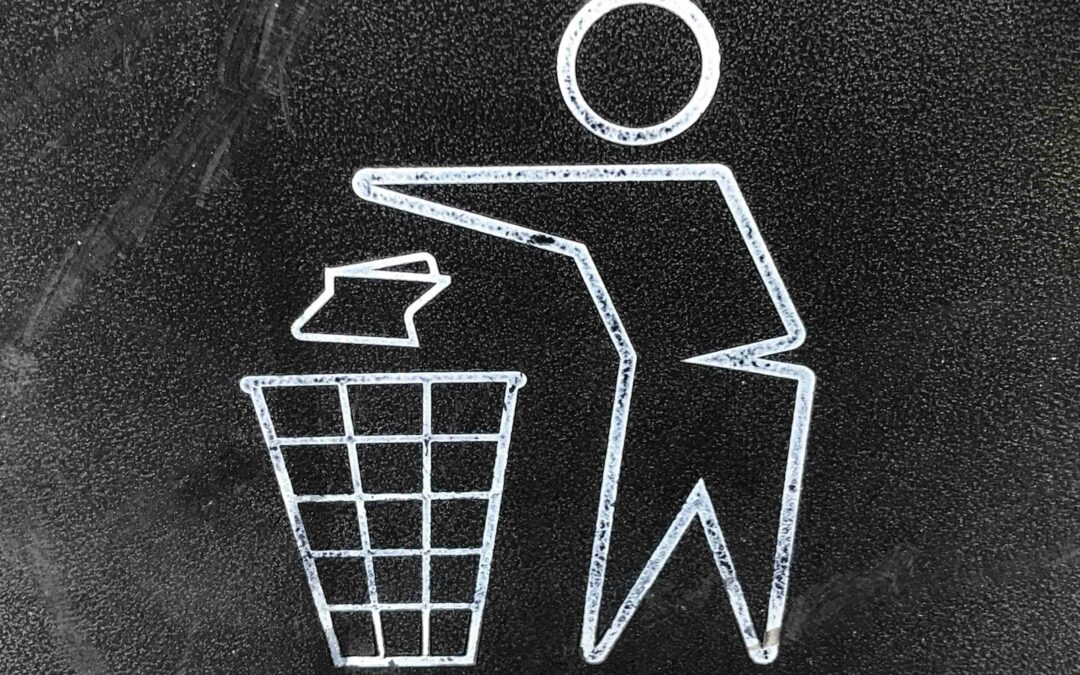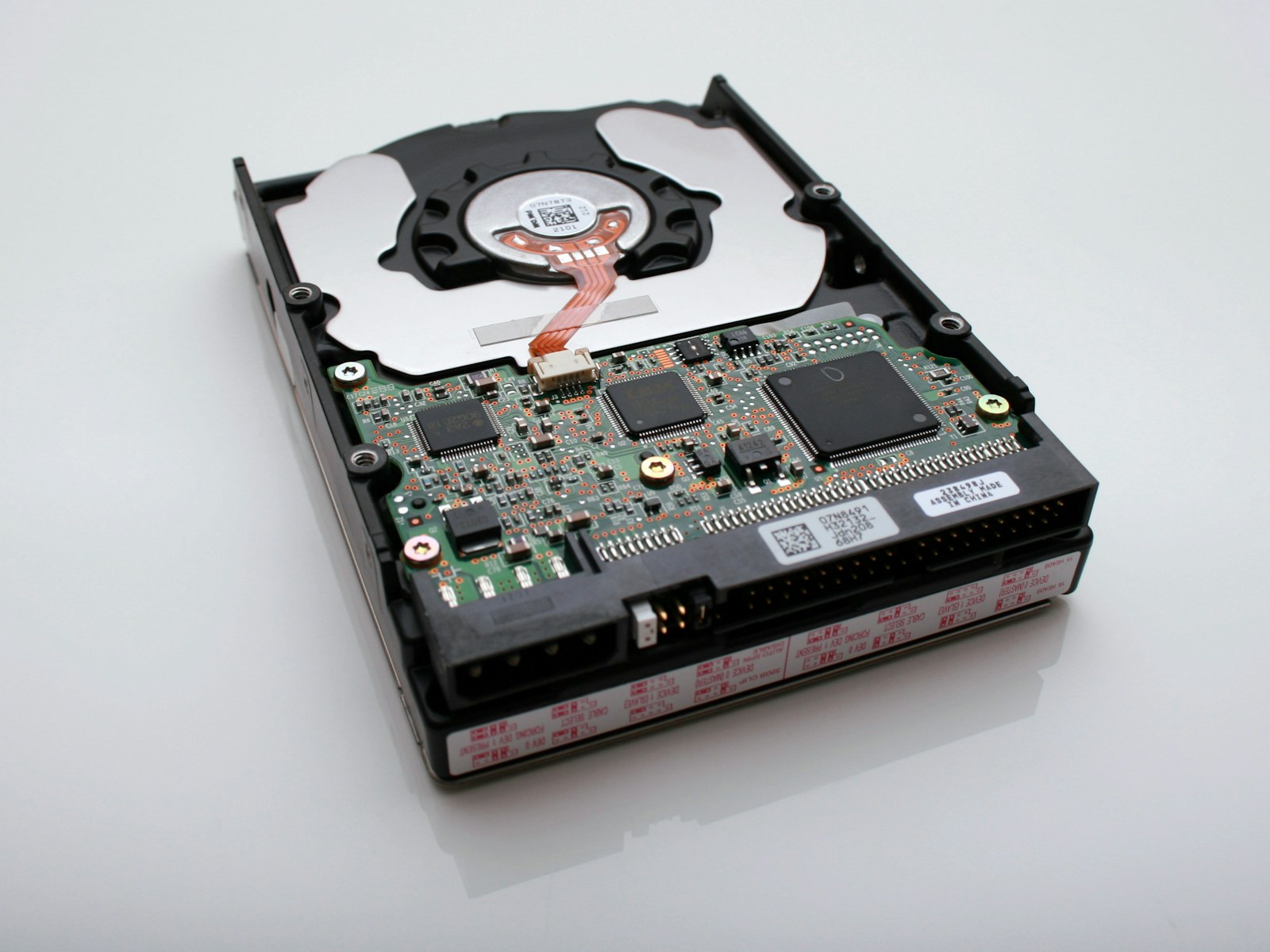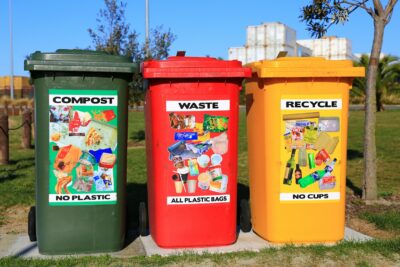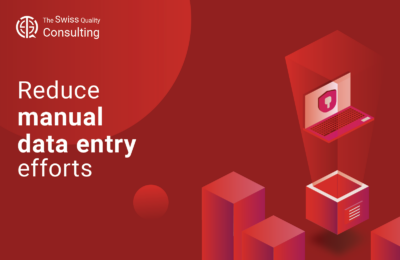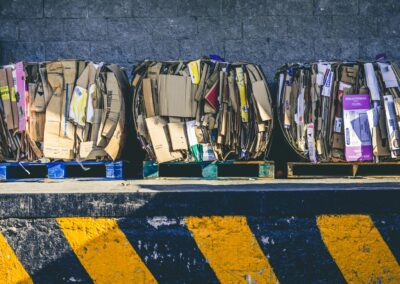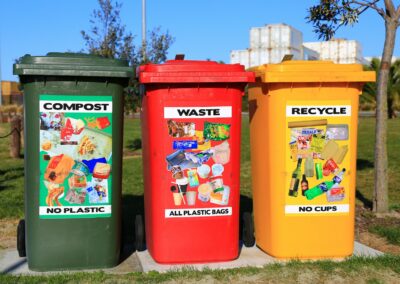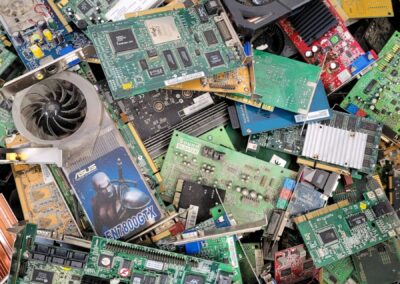Transforming Waste Management with IoT Technology
The Role of IoT in Modern Waste Management
The integration of IoT-based waste management solutions is revolutionizing how cities handle waste, providing innovative methods to reduce environmental impact and promote sustainable practices. In rapidly developing urban areas such as Riyadh and Dubai, where population growth and urbanization present significant challenges, adopting smart waste management technologies is essential for maintaining clean and sustainable environments. By utilizing IoT sensors and real-time data analytics, cities can optimize waste collection routes, monitor container fill levels, and even predict waste generation patterns, leading to more efficient and environmentally friendly waste management processes.
IoT technology in waste management allows for the creation of intelligent systems that automatically monitor waste levels in bins and containers across the city. These systems can notify waste collection services when a container is nearly full, ensuring timely collection and preventing overflow, which can lead to littering and pollution. Additionally, by analyzing data on waste generation, municipalities can develop strategies to reduce waste at the source, encouraging recycling and responsible consumption. This proactive approach not only enhances the efficiency of waste management operations but also contributes to broader environmental sustainability goals.
Optimizing Waste Collection and Reducing Carbon Footprint
One of the key benefits of IoT-based waste management solutions is their ability to optimize waste collection routes, thereby reducing the carbon footprint of waste management activities. Traditional waste collection methods often involve fixed routes and schedules, which can lead to unnecessary trips and increased fuel consumption. In contrast, IoT-enabled systems allow for dynamic routing based on real-time data, ensuring that waste collection trucks only visit areas where they are needed. This optimization leads to fewer vehicle miles traveled, lower fuel consumption, and a significant reduction in greenhouse gas emissions.
For example, in a bustling metropolis like Dubai, where waste generation is high due to a large population and thriving tourism industry, implementing IoT-based waste management can lead to substantial environmental benefits. By reducing the number of trips required for waste collection and improving route efficiency, the city can decrease its overall carbon emissions and contribute to the fight against climate change. Additionally, the data collected from these systems can be used to further refine and enhance waste management strategies, ensuring continuous improvement and sustainability.
Promoting Sustainable Practices through Data-Driven Insights
IoT-based waste management solutions not only improve operational efficiency but also provide valuable data-driven insights that can promote sustainable practices among residents and businesses. By analyzing the data generated by IoT sensors, cities can identify trends in waste generation and develop targeted campaigns to encourage recycling, composting, and other sustainable behaviors. In Saudi Arabia, where environmental sustainability is becoming a national priority, such initiatives can play a crucial role in achieving long-term sustainability goals.
Moreover, the visibility provided by IoT systems can foster greater transparency and accountability in waste management operations. For instance, municipalities can share real-time data on waste collection and recycling rates with the public, empowering citizens to take an active role in reducing their environmental impact. This level of engagement not only raises awareness about the importance of sustainable waste management but also encourages community participation in environmental stewardship. By leveraging the power of IoT, cities can create a culture of sustainability that benefits both the environment and the economy.
Implementing IoT-Based Waste Management in Smart Cities
Challenges and Opportunities in Smart Waste Management
While the adoption of IoT-based waste management solutions offers numerous benefits, it also presents certain challenges that cities must address to ensure successful implementation. One of the primary challenges is the initial investment required for IoT infrastructure, including the installation of sensors, communication networks, and data analytics platforms. However, cities like Riyadh and Dubai, which are already investing heavily in smart city technologies, are well-positioned to overcome these barriers and capitalize on the long-term benefits of IoT-enabled waste management.
Another challenge is ensuring the interoperability of various IoT devices and systems, as waste management operations often involve multiple stakeholders, including government agencies, private waste collection companies, and technology providers. To address this, cities must adopt standardized communication protocols and foster collaboration among all parties involved. By doing so, they can create a seamless and integrated waste management system that maximizes efficiency and sustainability. The opportunities presented by IoT in waste management far outweigh these challenges, offering cities a pathway to cleaner, more sustainable urban environments.
Enhancing Public Engagement and Awareness
A critical aspect of successful IoT-based waste management solutions is public engagement and awareness. For these systems to have the desired impact, residents and businesses must be aware of their role in the waste management process and motivated to adopt sustainable practices. Cities can leverage IoT technology to enhance public engagement by providing real-time information on waste collection schedules, recycling opportunities, and environmental impact through mobile apps and online platforms. This transparency can empower citizens to make informed decisions about their waste disposal habits and encourage greater participation in recycling and other sustainability initiatives.
In the UAE, where the government is actively promoting environmental sustainability, integrating public engagement strategies with IoT-based waste management can lead to significant improvements in waste reduction and recycling rates. By fostering a sense of ownership and responsibility among residents, cities can ensure that IoT-enabled waste management solutions are not only effective but also embraced by the community. This collaborative approach is essential for achieving long-term sustainability goals and creating a cleaner, greener future for all.
Future Prospects for IoT in Sustainable Urban Development
The implementation of IoT-based waste management solutions is just the beginning of what is possible in the realm of sustainable urban development. As cities like Riyadh and Dubai continue to embrace smart technologies, the potential for IoT to transform other aspects of urban life is immense. For example, IoT can be used to monitor and optimize water and energy usage, enhance public transportation systems, and improve air quality through real-time environmental monitoring. By integrating these technologies into a cohesive smart city framework, cities can achieve unprecedented levels of efficiency, sustainability, and resilience.
Looking ahead, the future of IoT in urban development will likely involve even greater integration of different systems, creating a truly interconnected urban ecosystem. This will require ongoing investment in IoT infrastructure, as well as a commitment to innovation and collaboration between public and private sectors. As cities continue to evolve, IoT will play a critical role in addressing the challenges of urbanization and ensuring that future generations inherit a world that is both sustainable and livable.
#IoT #WasteManagement #Sustainability #SmartCities #EnvironmentalImpact #RiyadhSmartCity #DubaiTech

